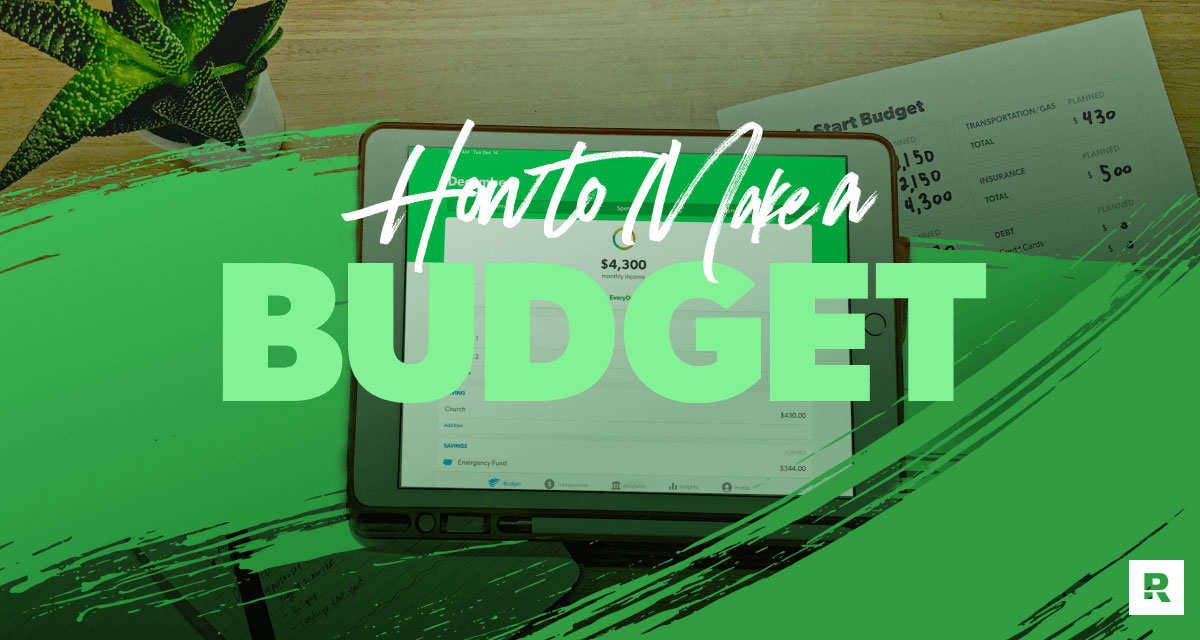Creating a budget might seem like a daunting task, especially when you’re trying to wrap your head around every penny you’re earning and spending. But fear not! The first critical step in budgeting is gathering all your financial statements. This includes bank statements, credit card bills, utility bills, and any records of income. You need a clear picture of what is coming in and what is going out. Consider looking at the past year to understand your spending habits better. This comprehensive overview will serve as the foundation for your budget.
After you have all your financial documents in front of you, it’s time to sift through them to pinpoint your income and expenses. Your goal here is to note down your monthly take-home pay, which is your income after taxes and other deductions, and categorize your expenses into fixed (those that remain consistent like rent or mortgage) and variable (those that can fluctuate such as dining out or groceries). It may help to use digital tools or apps that can categorize your spending automatically, making this step less tedious.

- Step-by-step guide to creating your budget, starting with gathering financial data. Source: @BankofAmerica – bettermoneyhabits.bankofamerica.com
With your income and expenses laid out, dive into creating a detailed list of your monthly cash flow. Split your expenses into fixed costs, like rent and insurance, which stay the same month to month, and variable spending, which includes groceries, gas, and leisure activities. Determining the average monthly cost of variable expenses can help you set a more realistic budget. Be specific and try to account for every dollar spent to make your budget as accurate as possible.
If you find that your expenses are overshadowing your income, or if there’s not enough wiggle room for savings, it’s time to scrutinize the variable spending first. Those are the areas where you can likely make cuts. Whether it’s dining out less, limiting your online shopping, or cutting back on subscription services, small adjustments can lead to significant savings over time. Don’t forget to factor in contributions to your savings accounts as part of your monthly expenses; paying yourself first is a cornerstone of sound financial health.

- Visualizing your monthly income and expenses for better financial planning. Source: Rachel Cruze – ramseysolutions.com
Analyzing your budget is not just about ensuring your expenses do not exceed your income; it’s also about identifying opportunities to reallocate funds to better serve your financial goals. Look for areas where you can trim excess spending and redirect those funds towards paying off debt faster, saving for emergencies, or investing in your future. It’s important to strike a balance that allows you to live comfortably while also ensuring you’re not living paycheck to paycheck.
If you discover a deficit in your budget, don’t despair. This is your chance to get creative and proactive about boosting your income or reducing expenses. Consider exploring side gigs, selling items you no longer need, or renegotiating bills like insurance premiums to better rates. Remember, the goal of this exercise is financial stability and peace of mind, allowing you to enjoy life’s pleasures without the stress of financial strain.

- Analyzing your budget to adjust for surpluses or deficits. Source: huntington.com
A budget is not set in stone; it should evolve as your financial situation and goals change. Regular reviews — at least monthly — will help you stay on track and make necessary adjustments. Life events like a job change, a new baby, or moving house will impact your budget, so it’s vital to update your financial plan accordingly. Make use of budgeting apps or software to streamline the review process, making it easier to stay engaged with your finances.
Lastly, remember that budgeting is a means to an end, not the end itself. The purpose of a budget is to control your spending so that you can focus on what truly matters to you, whether that’s traveling, buying a home, or securing a comfortable retirement. Celebrate small victories along the way to stay motivated, and don’t be too hard on yourself if you slip up. Adjust, learn, and keep moving forward. With diligence and discipline, you’ll transform your financial landscape one budget review at a time.
Header Image Source: Photo by GoodNotes 5 on Unsplash
